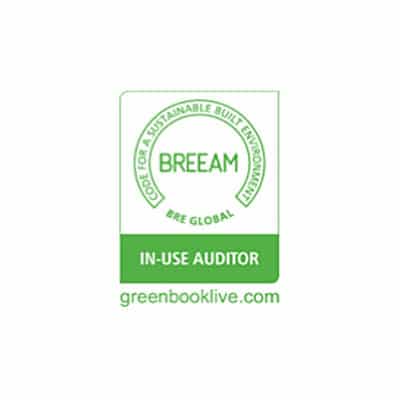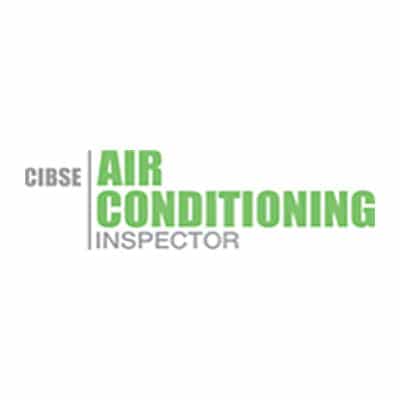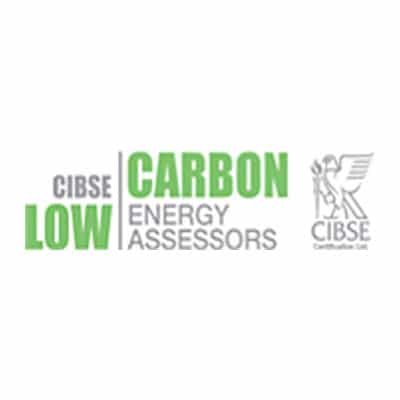SECR compliance explained - Guidance on SECR reporting
SECR compliance reporting explained and guidance on including a SECR statement into a qualifying UK companies annual accounts.
We explain what the Streamlined Energy and Carbon Reporting - SECR legislation is, and provide guidance on SECR compliance.
Why choose us for SECR compliance, guidance and reporting
SECR compliance delivered by CIBSE accredited low carbon consultants and low carbon energy assessors.
We are trusted by global brands to provide compliant SECR statements for inclusion into their annual accounts.
Our accredited energy efficiency assessors have extensive experience of conducting energy efficiency audits and associated reporting.
A dedicated SECR account manager will provide guidance and streamline the compliance process at competitive rates.
Access to a user-friendly spreadsheet, which centralises and optimises energy consumption data capturing, analysis, benchmarking and reporting.
Significantly reduce time and money spent on SECR compliance and ensure timely compliance year-on-year.

What is the Streamlined Energy and Carbon Reporting Legislation - SECR
The Companies (Directors Report) and Limited Liability Partnerships (Energy and Carbon Report) Regulations 2018 implement the UK governments SECR policy.
The new SECR regulations came into force on 1 April 2019.
We provide information below to help in scope UK companies understand their legal obligations for SECR compliance.
Read our post for guidance on whether SECR applies to your organisation here.



Which companies need to maintain SECR compliance
The legislation affects;
• quoted companies
• large unquoted companies (including charitable companies)
• large Limited Liability Partnerships (LLPs)
Companies incorporated outside of the UK are not required to include energy and carbon information in their Directors Report under this legislation.
This also extends to foreign parent companies of UK subsidiaries.
The UK government encourages all private sector organisations which are not in scope of the legislation to report voluntary.

SECR compliance legislation
Large unquoted companies and large LLP's are obliged to report their UK energy use and associated greenhouse gas emissions.
As a minimum this relates to gas, electricity and transport fuel, an intensity ratio and information relating to energy efficiency action.
This is reported through an SECR statement in their annual accounts.
Quoted companies are required to report their global greenhouse gas (GHG) emissions and an intensity ratio through their annual reports.
Additionally, they are now required to report their total global energy use and information relating to energy efficiency action alongside the methodology used to calculate the new and existing disclosure requirements.
If you are reporting at group level, you must also include information of any subsidiaries included in the consolidation.
This applies whether the subsidiaries are quoted companies, unquoted companies or LLP's.
However, you have the option to exclude any energy and carbon information of a subsidiary which they would not be obliged to include if reporting on their own.
The same applies to LLP's required to prepare a group Energy and Carbon Report.
If you are reporting at subsidiary level for which your parent company (or parent LLP) is preparing a group Report, then you might not be obliged to include your energy and carbon information in your own accounts and reports.


Definition of quoted and large companies for SECR compliance
Quoted companies are those whose equity share capital is officially listed on the main market of the London Stock Exchange.
This also includes an European Economic Area State, or dealing on either the New York Stock Exchange or NASDAQ.
For large unquoted companies and large Limited Liability Partnerships the qualifying conditions are met when it satisfies two or more of the following requirements in a year;
• turnover of £36 million or more
• balance sheet total of £18 million or more - gross asset value
• 250 or more employees
What needs to be reported under SECR?
Quoted companies within the scope of the legislation must continue as a minimum to disclose in their Directors Report their;
Annual emissions from activities which the company is responsible for including Global GHG Protocol Scope 1 and Scope 2 emissions.
Unquoted companies and LLP's in scope of the legislation are required to disclose their UK energy and carbon information in their accounts and reports, including;
Combustion of fuel in buildings. operations and electric vehicles - Scope 1
Purchased electricity for buildings, operations and electric vehicles - Scope 2 ( location based)
Business travel in rental or employee-owned vehicles where company is responsible for purchasing the fuel - Scope 3
Qualification as a low energy user
Quoted companies which has consumed 40MWh or less during the reporting period.
Unquoted companies or LLPs which have consumed 40MWh or less in the UK, including offshore area, during the reporting period.
Low energy user companies are not required to make the detailed disclosures of energy and carbon information referred to above.
These companies are required to state, in its report, that energy and carbon information is not disclosed for that reason.
When do businesses in scope need to report?
The requirements apply to quoted companies, large unquoted companies and large LLPs from 1 April 2019.
If your financial year ended 31 March, then the first data collection was 1 April 2019 to 31 March 2020
In the above example the last date to comply with the Regulations if you are a PLC is 30 September 2020 or 31 December 2020 if you are a Ltd company or large LLP
If your usual financial year end is 31 December, then the first data collection period will be 1 January 2020 to 31 December 2020
In the above example the last date to comply with the Regulations if you are a PLC is 30 June 2021 or 30 September 2021 if you are a Ltd company or large LLP
External verification or assurance
There is currently no requirement in the legislation for emission and energy use data to be independently assured.
However, the UK Government recommends it as best practice.
Voluntary independent assurance on the accuracy, completeness and consistency of energy use and GHG emissions data is encouraged.
Independently verified data is beneficial to both internal decision-making and for external stakeholders.
Enforcement
The Government will work with Companies House and the Financial Reporting Council to monitor compliance with the SECR reporting requirements.
Check out our SECR compliance and related articles
Our articles include guidance on SECR compliance, reporting and the SECR statement.










